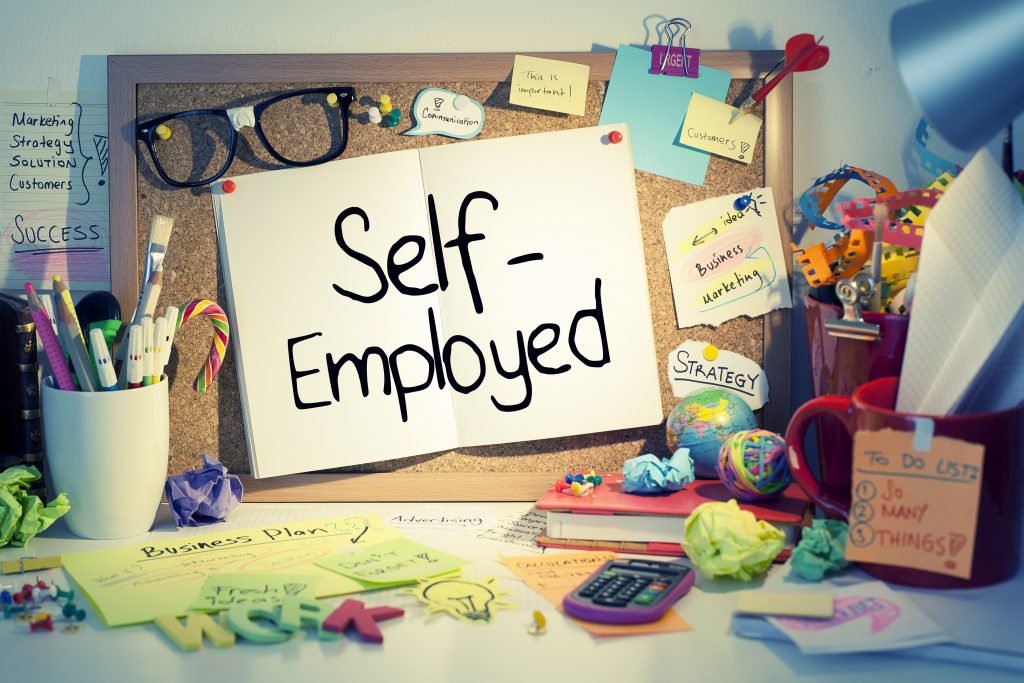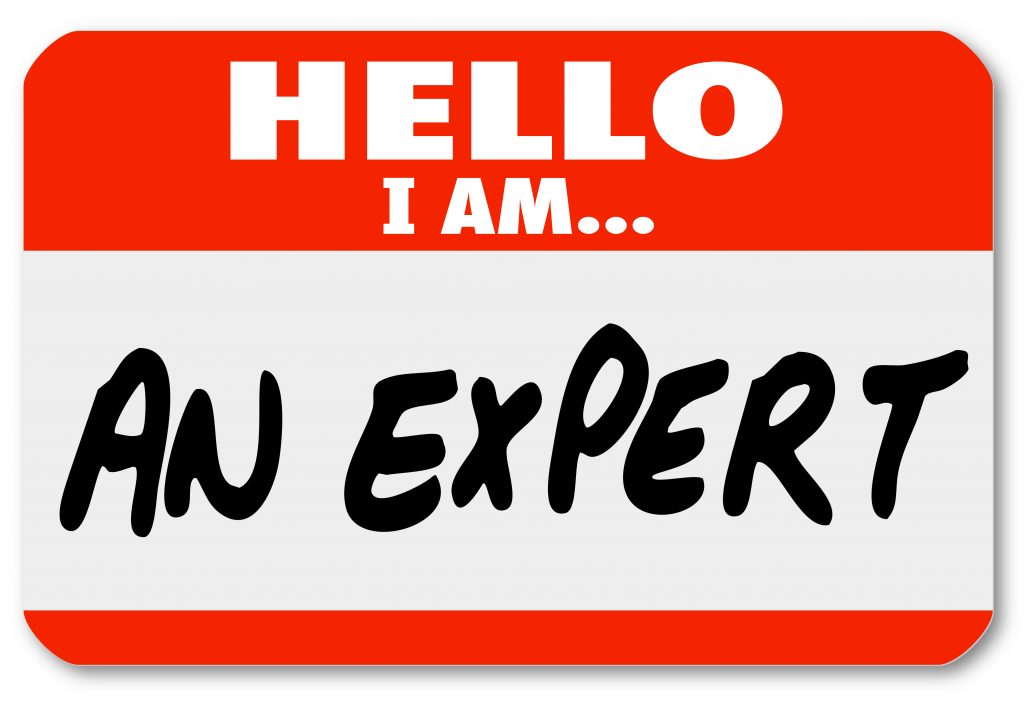Can you get a home loan if you’re a freelancer/sole trader?
This article is an excerpt from the book Finance for Freelancers, a guide to controlling your cash in the gig economy that has been written by Australian freelancers, for Australian freelancers.
Now we’re going to write things like ‘homeowner journey’ and ‘property ladder’.
If you buy a place and either pay it off or have it rise in value, you end up with an asset. Banks are happier to lend money to people with an asset like this because it means they can take it off you and sell it if you don’t keep up your side of the mortgage payments bargain. No pressure.
Owning a home outright by the time you retire opens you up to selling it, buying a place half the size and living on the cash that’s left over. So it does make sense.
Putting Australia’s astronomical property prices to one side, hopefully you will eventually find yourself in a position where you can afford the payments on a home and you have enough savings for a deposit.
So many people avoid freelancing because they think they won’t be able to qualify for a loan but the banks want to lend you money… because that’s how they earn it.
Generally speaking, if you can provide two years’ worth of income (and if it’s a healthy income), you should be able to get that loan. As mentioned earlier, this is a reason not to lie on your tax return about how much money you’re bringing in because that’s what the bank will be looking at.
Once you are ready to start your homebuyer journey, talk to a mortgage broker who specialises in working with small business owners. This will be helpful for a couple of reasons; first, because they will let you know what you need to do before you apply for a home loan in terms of minimising debt, sharing evidence that you have a steady income, etc.
Second, a broker also helps because they will check if you qualify for a home loan and let you know how much they believe you can borrow before you apply. If you go straight to the bank and get knocked back because they don’t offer loans to the self-employed, it may have a negative impact on your credit score.
Just like your Tinder profile, you need your financial info to be looking flawless and sharing the right kind of details if you want the bank to swipe right on your application. Your mortgage broker will share specific advice but in general, you should do these things:
- Minimise your personal loans and credit card debt; consolidate them into one loan with lower interest if you have to. The less you owe, the more you can borrow.
- Avoid things like AfterPay, which is just credit by another name.
- Check your credit score to make sure you don’t have any unpaid bills you don’t know about.
- Have a budget plus a clear idea of how much you spend each month and what you spend it on.
- Be ready to share evidence of your income (and your partner’s income if you have one; the more you earn as a pair, the more you can borrow and repay).
- Have evidence of your savings and ability to save money.
You can also talk to family about them acting as guarantor if you don’t have enough savings for a deposit, and talk to your broker about whether this option is possible for you.
Once you have bought a home, lived in it for a while and either significantly reduced your mortgage or watched your home rise in value, you can think about climbing the property ladder by leveraging your equity (the difference between the amount you owe and the amount your home is worth) to buy an additional residence and leasing it out. Now who’s all grown up??
This article is an excerpt from the book Finance for Freelancers.





